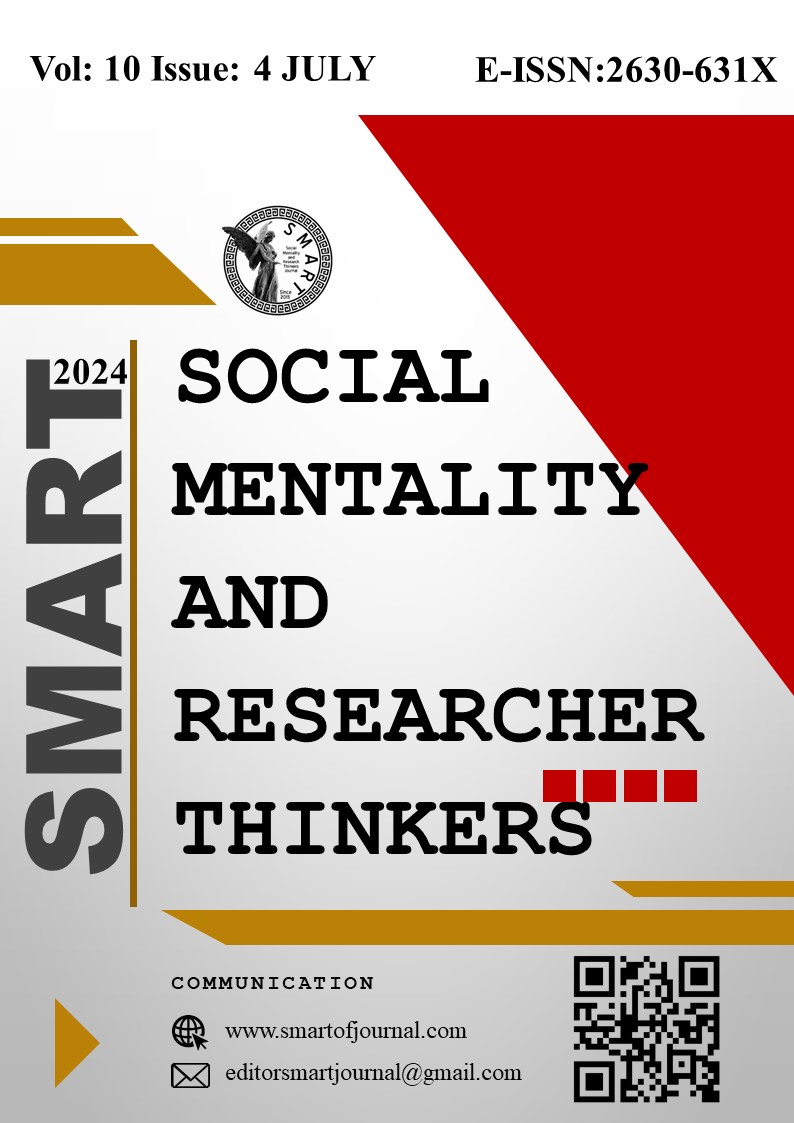Author :
Abstract
Yazma güçlüğü, bireyin bilişsel ve eğitim seviyesinin gerektirdiği yazma becerilerini sergilemede geride kalmasıdır. Yazma güçlüğüne sahip öğrenciler, sınıf içindeki yazma etkinliklerinde akranlarına yetişemezler, sürekli geride kalırlar. Bu tür öğrencilerin yazmayla ilgili ev ödevlerini tamamlamaları uzun zaman alır. Nitelikli harf üretemedikleri için, hatalı ve okunması güç bir yazı ortaya koyarlar. Harfleri satır üzerinde uygun yere yazmazlar, harfler ve kelimeler arasındaki uygun boşlukları ayarlamazlar. Yazı üretmeyle çok fazla meşgul oluklarından dolayı yazmada stres yaşarlar. Bu araştırmanın amacı yazma güçlüğüne yönelik sınıf öğretmenlerinin görüşleri incelemektir. Araştırmanın çalışma grubunu 2023-2024 öğretim yılında Bartın il merkezinde görev yapan 20 sınıf öğretmeni oluşturmaktadır. Araştırma betimsel modeldedir. Çalışmada, araştırmacı tarafından hazırlanan ve 5 maddeden oluşan yarı yapılandırılmış görüş formu kullanılmıştır. Görüşme formunun hazırlanmasında uzman görüşü alınmıştır. Araştırmanın verileri sınıf öğretmenlerinin yarı yapılandırılmış görüşme sorulara verdikleri cevaplardan elde edilmiştir. Verilerin analizince içerik analizi tekniğinden yararlanılmıştır. Araştırmadan elde edilen verilerin frekansları alınmıştır. Araştırma sonucunda sınıf öğretmenlerinin yarıdan fazlası, yazmada en fazla harflerin yazılış yönlerini karıştırma sorunu ile karşılaştıkları, yazma güçlüğünün sebebi olarak öğretmenlerin yarıdan fazlasının öğrencilerin ince motor kaslarının yeterince gelişmemiş olduğu, sınıf öğretmenlerinin yazma güçlüğü yaşayan öğrencilere en fazla dikte çalışması yaptırdığı, yazma güçlüğü konusunda sınıf öğretmenlerinin kendilerini yeterli gördükleri, yazma güçlüğünün giderilmesine yönelik sınıf öğretmenlerinin dikte çalışmasını önerdiği yönünde görüş bildirdikleri tespit edilmiştir.
Keywords
Abstract
Writing difficulty is the individual's lag behind in exhibiting the writing skills required by his/her cognitive and educational level. Students have writing difficulties cannot keep up with their peers in classroom writing activities and are constantly fall behind. Such students take a long time to complete their writing homework assignments. For they cannot produce qualified letter, they produce faulty and a unreadable writing. They do not write letters in the appropriate place on the line, and they do not arrange appropriate spaces between letters and words. They experience stress in writing because they are very busy producing writing. The purpose of this research is to examine the opinions of primary teachers regarding writing difficulty. The study group of the research consists of 20 primary teachers working in the city center of Bartın in the 2023-2024 academic year. The research is in descriptive model. In the study, a semi-structured opinion form consisting of 5 items prepared by the researcher was used. Expert opinion was taken in the preparation of the interview form. The data of the study were obtained from the answers given by the primary teachers to the semi-structured interview questions. Content analysis technique was used in the analysis of data. Frequencies of the data obtained from the research were taken. As a result of the research, it was determined that more than half of the primary teachers encountered the problem of confusing the writing directions of the letters the most in writing, more than half of the teachers stated that the reason for the writing difficulty was that the students' fine motor muscles were not sufficiently developed, primary teachers mostly made students with writing difficulties do dictation work, classroom teachers considered themselves competent in terms of writing difficulties, and classroom teachers suggested dictation work to overcome writing difficulties.





